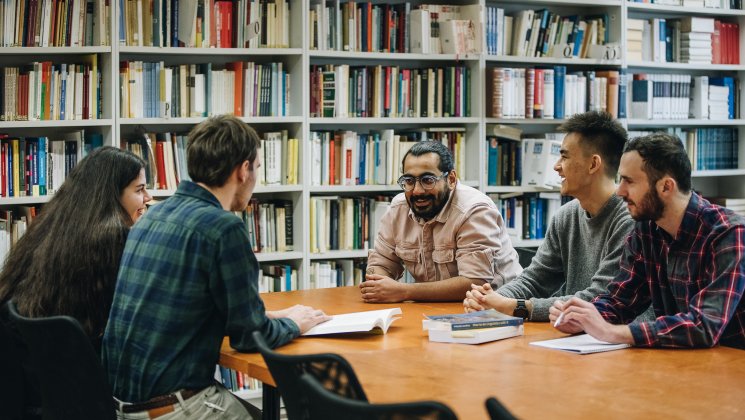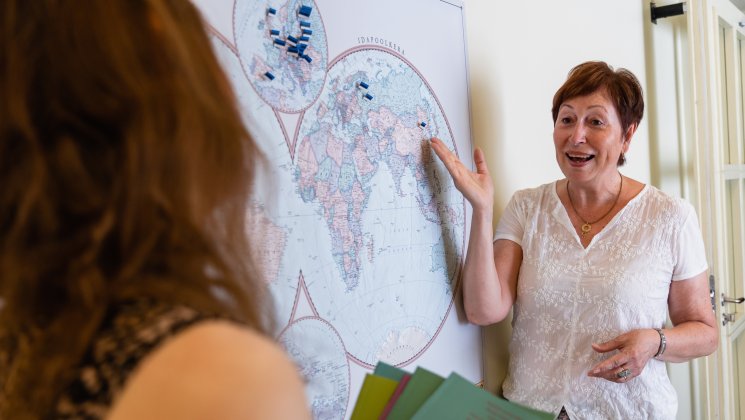-
Faculty of Arts and HumanitiesJakobi 2, r 116-121 51005 Tartu linn, Tartu linn, Tartumaa ESTJakobi 2 51005 Tartu linn, Tartu linn, Tartumaa ESTJakobi 2, IV korrus 51005 Tartu linn, Tartu linn, Tartumaa ESTJakobi 2, III korrus, ruumid 302-337 51005 Tartu linn, Tartu linn, Tartumaa ESTÜlikooli 16 51003 Tartu linn, Tartu linn, Tartumaa ESTLossi 3 51003 Tartu linn, Tartu linn, Tartumaa ESTÜlikooli 18 50090 Tartu linn, Tartu linn, Tartumaa ESTPosti 1 71004 Viljandi linn, Viljandimaa ESTJakobi 2 51005 Tartu linn, Tartu linn, Tartumaa ESTJakobi 2 51005 Tartu linn, Tartu linn, Tartumaa ESTFaculty of Social SciencesLossi 36 51003 Tartu linn, Tartu linn, Tartumaa ESTJakobi 5 51005 Tartu linn, Tartu linn, Tartumaa ESTLossi 36, ruum 301 51003 Tartu linn, Tartu linn, Tartumaa ESTNarva mnt 18 51009 Tartu linn, Tartu linn, Tartumaa ESTNäituse 2 50409 Tartu linn, Tartu linn, Tartumaa ESTNäituse 20 - 324 50409 Tartu linn, Tartu linn, Tartumaa ESTLossi 36 51003 Tartu linn, Tartu linn, Tartumaa ESTRaekoja plats 2 20307 Narva linn, Ida-Virumaa ESTRingi 35 80012 Pärnu linn, Pärnu linn, Pärnumaa ESTLossi 36 51003 Tartu linn, Tartu linn, Tartumaa ESTLossi 36 51003 Tartu linn, Tartu linn, Tartumaa ESTFaculty of MedicineRavila 19 50411 Tartu linn, Tartu linn, Tartumaa ESTBiomeedikum, Ravila 19 50411 Tartu linn, Tartu linn, Tartumaa ESTNooruse 1 50411 Tartu linn, Tartu linn, Tartumaa ESTL. Puusepa 1a 50406 Tartu linn, Tartu linn, Tartumaa ESTL. Puusepa 8 50406 Tartu linn, Tartu linn, Tartumaa ESTRavila 19 50411 Tartu linn, Tartu linn, Tartumaa ESTUjula 4 51008 Tartu linn, Tartu linn, Tartumaa ESTRavila 50411 Tartu linn, Tartu linn, Tartumaa ESTRavila 19 50411 Tartu linn, Tartu linn, Tartumaa ESTFaculty of Science and TechnologyVanemuise 46 - 208 51003 Tartu linn, Tartu linn, Tartumaa ESTNarva mnt 18 51009 Tartu linn, Tartu linn, Tartumaa ESTRiia 23b/2 51010 Tartu linn, Tartu linn, Tartumaa ESTRavila 14a 50411 Tartu linn, Tartu linn, Tartumaa ESTNarva mnt 18 51009 Tartu linn, Tartu linn, Tartumaa ESTRiia 23, 23b - 134 51010 Tartu linn, Tartu linn, Tartumaa ESTObservatooriumi 1 61602 Tõravere alevik, Nõo vald, Tartumaa ESTNooruse 1 50411 Tartu linn, Tartu linn, Tartumaa ESTJ. Liivi tn 2 50409 Tartu linn, Tartu linn, Tartumaa ESTVanemuise 46 51003 Tartu linn, Tartu linn, Tartumaa ESTVanemuise 46 51003 Tartu linn, Tartu linn, Tartumaa ESTArea of Academic SecretaryLossi 3 51003 Tartu linn, Tartu linn, Tartumaa ESTUppsala 6, Lossi 36 51003 Tartu linn, Tartu linn, Tartumaa ESTArea of Head of FinanceÜlikooli 17 51005 Tartu linn, Tartu linn, Tartumaa ESTArea of Director of AdministrationÜlikooli 18A (III korrus) 51005 Tartu linn, Tartu linn, Tartumaa ESTÜlikooli 18, ruumid 102, 104, 209, 210 50090 Tartu linn, Tartu linn, Tartumaa ESTArea of RectorArea of Vice Rector for Academic AffairsUppsala 10 51003 Tartu linn, Tartu linn, Tartumaa ESTÜlikooli 18b 51005 Tartu linn, Tartu linn, Tartumaa ESTArea of Vice Rector for ResearchW. Struve 1 50091 Tartu linn, Tartu linn, Tartumaa ESTArea of Vice Rector for DevelopmentNarva mnt 18 51009 Tartu linn, Tartu linn, Tartumaa ESTVanemuise 46 51003 Tartu linn, Tartu linn, Tartumaa ESTLossi 25 51003 Tartu linn, Tartu linn, Tartumaa EST
Petar Kehayov: There must be passion in doing science

Petar Kehayov, from Sofia, the capital of Bulgaria, came to the University of Tartu to study linguistics as a young man in the 90s. Now a professor of Finnic languages, he’s field of interest is wide, he is interested in morphosyntactic change in severely endangered languages.
In Tartu, Petar Kehayov wrote his bachelor's, master's and doctoral theses. In 2016, he defended his habilitation dissertation "The Fate of Mood and Modality in Language Death: Evidence from Minor Finnic " at the Ludwig Maximilian University in Munich, and then worked for several years in Germany at the Institute for East and Southeast European Studies in Regensburg and at the University of Munich.
Since February 2023, Petar Kehayov has been Professor of Finnic languages at the University of Tartu: he teaches Finnic languages and studies Karelian, Veps, Lude, and Ingrian.
"I had a good friend, Rogier Blokland, who is now a professor of Finno-Ugric languages at Uppsala University," recalls Kehayov. "He already knew as a student that he wanted to become a linguist, collected books on Finno-Ugric languages, talked about them, and so I became really interested. Mati Erelt, the supervisor of my Master's doctoral theses, was another important influence. Thanks to him, I began to understand what scientific thinking is all about, how one should study a language and what choices one should make in research."
Kehayov says, that a scientist does not 'save' languages, although he may try to do so – his job is to describe the process from the outside. The Finnic languages in Russia are ideal "laboratories" to study language extinction at the level of individual speaker.
Asked how a linguist spends his free time, Kehayov says he goes to the gym and hikes with his friends.
"In the meantime, I go to the pub, talk a lot with friends, walk the dog. But when it comes to hobbies ... I have mixed feelings. On the one hand, linguistics should be a bit of a hobby for life, so that you like it. On the other hand, you have to take it professionally, not as a hobby, but as a profession to contribute to society. It's a tricky thing - if you take linguistics too professionally, it ceases to be a hobby; there should still be a certain lightness of touch so that the passion for it doesn't fade."
Read the full article here. Interviewed by Kristel Algvere, Junior Research Fellow in Linguistics.
Interview in the Universitas Tartuensis Journal February 2024, nr 2518
Read more similar news






